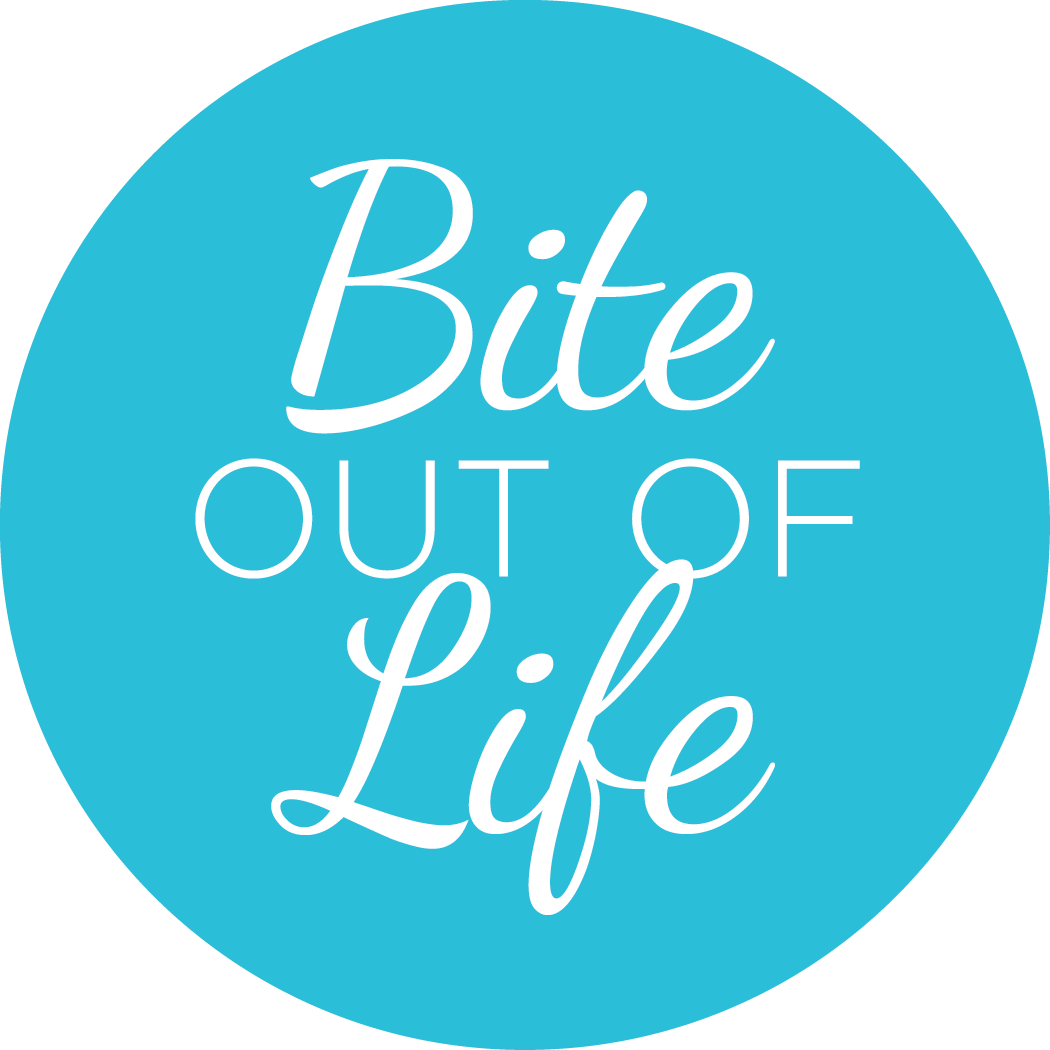 We’ve been working our way through the alphabet to help get a better handle on how our hormones work and what impacts them – the good, the bad and the ugly.
We’ve been working our way through the alphabet to help get a better handle on how our hormones work and what impacts them – the good, the bad and the ugly.
I’ll return to those final T, U, V, W, X, Y, Z down the road. But lately, stress continues to be top of mind for both my clients, my community and for me. So here we are at another go-round for the letter S.
I’ve talked about stress and some impacts that the specific stress hormones may have on our physical or mental health before.
If you need a quickie refresher, you can scroll on back through some of my previous posts like this one.
Let’s face it: we are still in the throes of probably the most collectively stressful time we’ve faced in our modern human history. 18 months’ worth of pandemic uncertainty, shifting regulations, loss of work, lives, jobs, autonomy, social isolation will do that to you.
I may be a wellness practitioner – but I too still feel the impact and have had to dig in and figure out better ways to reduce and relieve stress and more importantly, recognize the symptoms related to the “fight,” “flight,” or “freeze” reactions and put the brakes on before they spiral me down the rabbit hole of unhealthy behaviours.
One of the symptoms of stress is the need to start searching around for a quick, convenient snack. Stress-eating can derail all kinds of intentions and goals – weight loss, blood sugar management, lowering inflammation, digestive health to name just a few areas that can be pulled off track when our emotions drive our consumption.
That’s a pretty common experience, and now researchers have uncovered a link as to why.
A recent study published in the journal Nutrients looked through a number of studies to see how much evidence there really is for this potential link between stress and hunger. What makes this study pretty compelling was that it’s not based on just a single study, but a combination of studies. In fact, 10 studies met their quality criteria (rating at least a six out of eight on their assessment), so they put them together and looked for a “birds-eye view” of what was going on.
What they found consistently through these 10 studies was that when people were subjected to stress, they released another hormone called ghrelin.
Sound familiar? I’ve talked about ghrelin and it’s twin hormone leptin before. You can read about it here.
Ghrelin was discovered in 1996 (I know, just over 25 years ago!) and became known as the “hunger” hormone. It has several functions, but appetite-regulation seems like the main one. Ghrelin is a protein-based hormone released mainly by the stomach (it’s found in other organs as well) and travels throughout the body to get you to start looking for food. You can remember it’s function because “ghrelin” causes an empty stomach to start “grumbling”.
The studies show that when people were exposed to short-term stress (e.g., their non-dominant hand is placed in ice water for two minutes) the levels of ghrelin quickly increased, and slowly decreased as minutes and hours went by.
Another interesting thing is that we don’t know why ghrelin decreases after stress is removed. We used to think that ghrelin levels reduced after finding and eating food, but that wasn’t the case here. More studies will shed light on this in the future.
Researchers wanted to take this one step farther. Because we know that stress is tied to excess weight and excess weight is a source of stress, they wondered if the stress-ghrelin response was different in people experiencing overweight and obesity. They found that people with excess weight tended to have even higher levels of ghrelin that lasted even longer than stressed people without excess weight. It’s not clear right now which comes first: increased ghrelin in response to weight or increased weight in response to ghrelin, but there certainly seems to be a correlation.
The overall conclusion is that, yes, ghrelin the “hunger” hormone is also a stress hormone and people experiencing overweight and obesity tend to experience higher levels of ghrelin when under stress.
The moral of this story I guess, is as I’ve always said – there is no way to tackle overall wellness or weight management in a piecemeal fashion. Our bodies, our health status, the food we eat, the lifestyle behaviours and habits we adopt, the environment we are exposed to, all work together or against us. “Fixing” one without looking at your circumstances holistically will not get you sustainably to your goals.
The Stress Monster has far reaching tentacles and each one has to be acknowledged and shifted through strategic change.
References:
Bouillon-Minois, J. B., Trousselard, M., Thivel, D., Gordon, B. A., Schmidt, J., Moustafa, F., Oris, C., & Dutheil, F. (2021). Ghrelin as a Biomarker of Stress: A Systematic Review and Meta-Analysis. Nutrients, 13(3), 784. https://doi.org/10.3390/nu13030784
